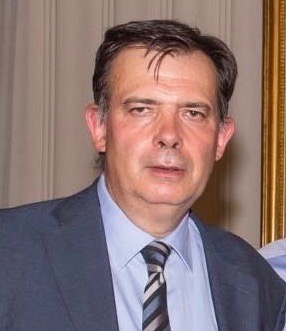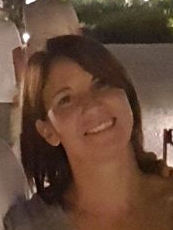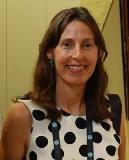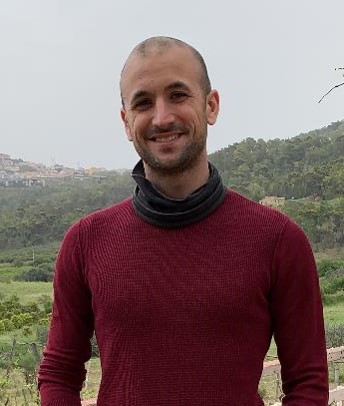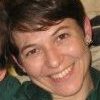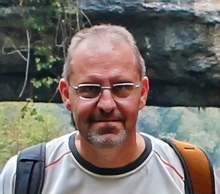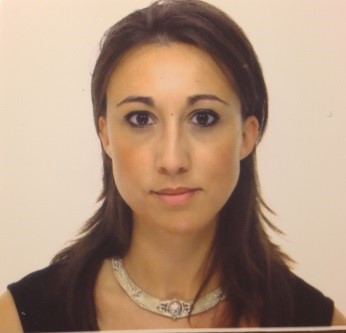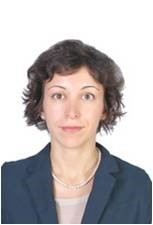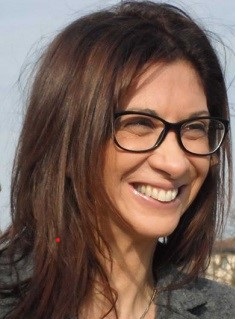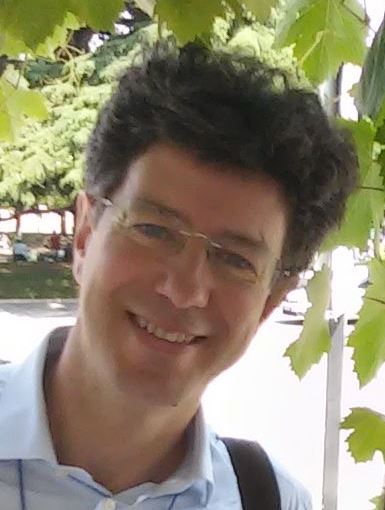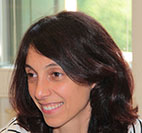Studying at the University of Verona
Here you can find information on the organisational aspects of the Programme, lecture timetables, learning activities and useful contact details for your time at the University, from enrolment to graduation.
Academic calendar
The academic calendar shows the deadlines and scheduled events that are relevant to students, teaching and technical-administrative staff of the University. Public holidays and University closures are also indicated. The academic year normally begins on 1 October each year and ends on 30 September of the following year.
Course calendar
The Academic Calendar sets out the degree programme lecture and exam timetables, as well as the relevant university closure dates..
| Period | From | To |
|---|---|---|
| I semestre | Oct 1, 2020 | Jan 29, 2021 |
| II semestre | Mar 1, 2021 | Jun 11, 2021 |
| Session | From | To |
|---|---|---|
| Sessione invernale d'esame | Feb 1, 2021 | Feb 26, 2021 |
| Sessione estiva d'esame | Jun 14, 2021 | Jul 30, 2021 |
| Sessione autunnale d'esame | Sep 1, 2021 | Sep 30, 2021 |
| Session | From | To |
|---|---|---|
| sessione estiva di laurea | Jul 13, 2021 | Jul 13, 2021 |
| Sessione autunnale di laurea | Oct 12, 2021 | Oct 12, 2021 |
| Sessione invernale di laurea | Mar 10, 2022 | Mar 10, 2022 |
| Period | From | To |
|---|---|---|
| Festa dell'Immacolata | Dec 8, 2020 | Dec 8, 2020 |
| Vacanze Natalizie | Dec 24, 2020 | Jan 3, 2021 |
| Epifania | Jan 6, 2021 | Jan 6, 2021 |
| Vacanze Pasquali | Apr 2, 2021 | Apr 5, 2021 |
| Festa del Santo Patrono | May 21, 2021 | May 21, 2021 |
| Festa della Repubblica | Jun 2, 2021 | Jun 2, 2021 |
| Vacanze estive | Aug 9, 2021 | Aug 15, 2021 |
Exam calendar
Exam dates and rounds are managed by the relevant Science and Engineering Teaching and Student Services Unit.
To view all the exam sessions available, please use the Exam dashboard on ESSE3.
If you forgot your login details or have problems logging in, please contact the relevant IT HelpDesk, or check the login details recovery web page.
Should you have any doubts or questions, please check the Enrollment FAQs
Academic staff
 giulio.mazzi@univr.it
giulio.mazzi@univr.it
Study Plan
The Study Plan includes all modules, teaching and learning activities that each student will need to undertake during their time at the University.
Please select your Study Plan based on your enrollment year.
1° Year
| Modules | Credits | TAF | SSD |
|---|
2° Year activated in the A.Y. 2021/2022
| Modules | Credits | TAF | SSD |
|---|
| Modules | Credits | TAF | SSD |
|---|
| Modules | Credits | TAF | SSD |
|---|
| Modules | Credits | TAF | SSD |
|---|
Legend | Type of training activity (TTA)
TAF (Type of Educational Activity) All courses and activities are classified into different types of educational activities, indicated by a letter.
Plant molecular technologies (2021/2022)
Teaching code
4S008249
Credits
6
Language
Italian
Scientific Disciplinary Sector (SSD)
BIO/04 - PLANT PHYSIOLOGY
The teaching is organized as follows:
teoria
laboratorio
Learning outcomes
At the end of the course, the student will acquire the theoretical and practical basis for the design of various types of genetic constructs aimed at developing transgenic, cisgenic, and intragenic plants. In addition, genome editing tools will be covered. Attention will be paid to the application of these strategies for qualitative and quantitative crop improvement.
Program
Molecular mechanism of stable transformation via Agrobacterium: current knowledge of the process of T-DNA integration into the plant genome; transgene integration, stability, methylation and silencing; strategies to avoid transgene silencing; promoters used for genetic construct preparation (constitutive, spatiotemporal, inducible, synthetic); cis–trans engineering; synthetic circuits (e.g. hormometer); multigene engineering; artificial miRNA and target mimicry; cisgenesis and intragenesis; cisgenic and intragenic genetic constructs; strategies to remove marker genes from transgenic plants; artificial programmable DNA nucleases (ZFNs and TALENs) and RNA-guided DNA nucleases for genome engineering; type II CRISPR-Cas9 mechanism of action; prime editing; single-base editing; sgRNA design; minimization of off-target activity; dead Cas9 and nickase Cas9: application of the CRISPR-Cas system beyond genome editing; (CRISPR)-based tissue-specific knockout system; genetic constructs for genome engineering using the CRISPR-Cas9 system, screening of mutants generated by CRISPR system.
Supplied educational material:
Power point lessons, relevant research articles and reviews.
Lab. experience:
1) Design of guide RNAs employing bioinformatics software, in vitro transcription of guide RNAs, identification of sgRNAs most effective in inducing Cas9-mediated cutting of target DNA fragments in vitro; molecular analysis of transgenic tomato plants previously transformed with the gene construct of interest for editing in the target gene, amplification and sequencing of the target region, analysis of results.
Examination Methods
The purpose of the exam is to ascertain the student's knowledge of the topics covered during the lessons and workshops. The exam will consist of an individual written test, containing 3 open-ended questions. In addition, each student will present at the end of the lectures a scientific article, chosen from a list of articles proposed by the teacher. The evaluation criteria for the presentation of the article will concern the general comprehension, the deepening of the topic at the state of the art level, the property of language, the ability to analyze and critically discuss the results. The final grade, expressed in thirtieths, will be given considering one third for the presentation of the article and two thirds for the written test. The method of examination will be the same for attending and non-attending students.
Type D and Type F activities
Le attività formative in ambito D o F comprendono gli insegnamenti impartiti presso l'Università di Verona o periodi di stage/tirocinio professionale.
Nella scelta delle attività di tipo D, gli studenti dovranno tener presente che in sede di approvazione si terrà conto della coerenza delle loro scelte con il progetto formativo del loro piano di studio e dell'adeguatezza delle motivazioni eventualmente fornite.
| years | Modules | TAF | Teacher |
|---|---|---|---|
| 1° 2° | Python programming language | D |
Vittoria Cozza
(Coordinator)
|
Career prospects
Module/Programme news
News for students
There you will find information, resources and services useful during your time at the University (Student’s exam record, your study plan on ESSE3, Distance Learning courses, university email account, office forms, administrative procedures, etc.). You can log into MyUnivr with your GIA login details: only in this way will you be able to receive notification of all the notices from your teachers and your secretariat via email and soon also via the Univr app.
Graduation
Deadlines and administrative fulfilments
For deadlines, administrative fulfilments and notices on graduation sessions, please refer to the Graduation Sessions - Science and Engineering service.
Need to activate a thesis internship
For thesis-related internships, it is not always necessary to activate an internship through the Internship Office. For further information, please consult the dedicated document, which can be found in the 'Documents' section of the Internships and work orientation - Science e Engineering service.
Final examination regulations
List of theses and work experience proposals
| theses proposals | Research area |
|---|---|
| Dinamiche della metilazione del DNA e loro contributo durante il processo di maturazione della bacca di vite. | Various topics |
| Miglioramento del profilo nutrizionale e funzionale di sfarinati di cereali mediante fermentazione con batteri lattici | Various topics |
| Risposte trascrittomiche a sollecitazioni ambientali in vite | Various topics |
| Studio delle basi genomico-funzionali del processo di embriogenesi somatica in vite | Various topics |
Attendance
As stated in the Teaching Regulations for the A.Y. 2022/2023, attendance is not mandatory. However, professors may require students to attend lectures for a minimum of hours in order to be able to take the module exam, in which case the methods that will be used to check attendance will be explained at the beginning of the module.

 +39 045 802 7839
+39 045 802 7839
